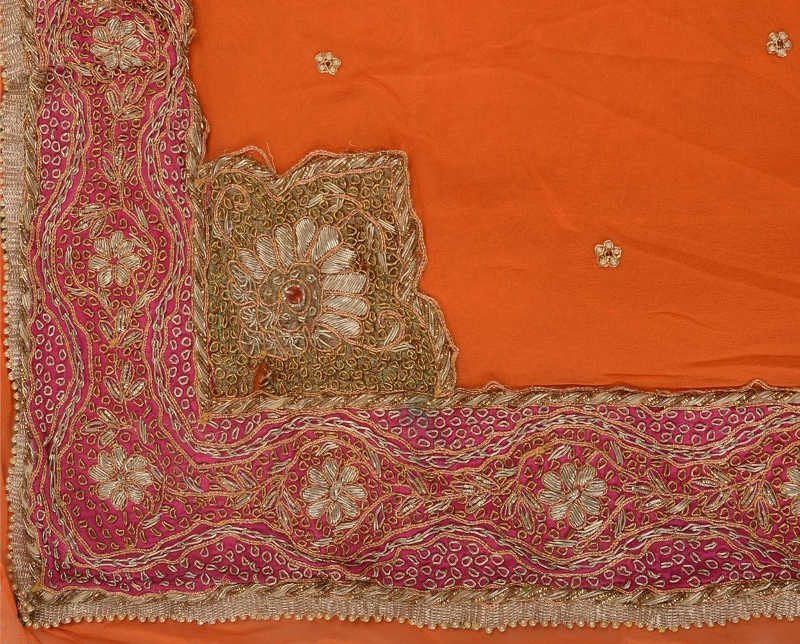===
0605,
6
===

=== |
 |
so : 'So, so that, therefore, hence, consequently, accordingly; but then; thereupon; now, well'. (Platts p.690)
FWP:
SETS == GESTURE
MOTIFS == GAZE
NAMES
TERMS == 'AFFAIR-EVOCATION'SRF is sure that it's the beloved whose hopeless gaze or glance is being thwarted by the hiding of her face, but I don't see why. It's surely just as possible that the lover's last hopeless look at her face is what is being thwarted in this way. After all, in the second line we clearly have both a 'you' and a 'we', and karte could quite well go, grammatically, with either one; semantically too, the second line seems cleverly framed to work with either option.
In fact it seems that attributing the glance of hopelessness to the lover yields a richer meaning. For in that case, it could also be that the lover is reproaching the beloved for her unfeelingness ('If only we could have looked, despairingly, at your face once more before you left-- but you didn't let us do even that!'). She might be hiding her face to conceal love-- or disdain, or impatience, or boredom; as so often in the ghazal world, she might simply wish to torment the lover. Who can tell? That so is thoroughly multivalent (see the definition abovel). The crucial gesture of concealing her face remains uninterpretable; whatever the lover might assert to be the reason, he cannot do more than speculate. SRF's scenario too (a pair of devoted, desperate lovers being forced to make their adieux in public) remains, after all, equally speculative.
Note for grammar fans: nā-umīdānah can be not only adjectival ('hopeless'), but also adverbial ('hopelessly'). In the present verse, it doesn't seem to make much difference.